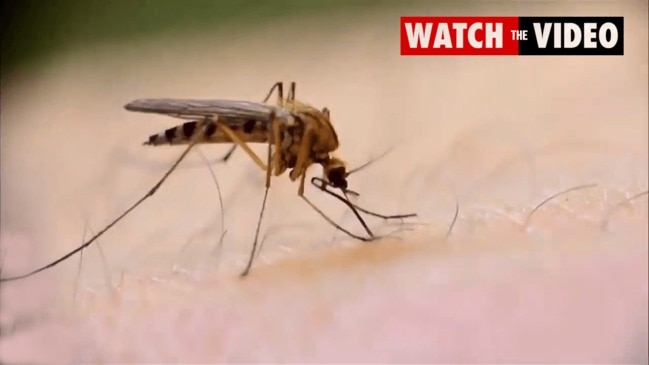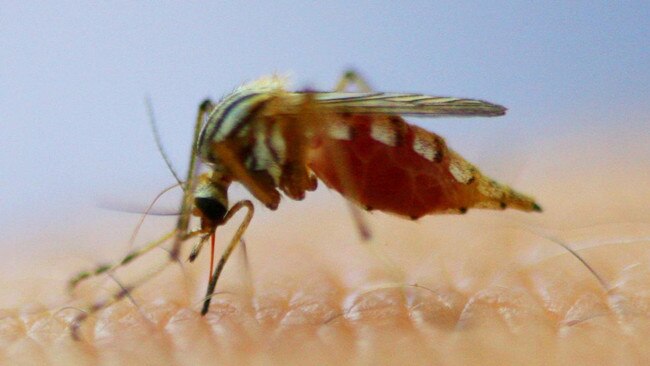Ross River virus cases drop significantly after 2020 spike
There has been a dramatic drop in cases of Ross River virus this year after 2020 saw a significant spike in the condition, but experts are warning there could be a belated increase. Here’s why.

QLD News
Don't miss out on the headlines from QLD News. Followed categories will be added to My News.
Cases of a debilitating tropical disease have plunged dramatically this year but recent rain has experts on alert ahead of the peak summer season.
The Ross River virus, which is transmitted through mosquito bites, has only recorded 752 cases this year to October 31 after seeing 3,273 in the same time period last year, according to Queensland Health notifiable conditions data.
The Sunshine Coast had the state’s most cases to October 31 in 2021 recording 151 cases.
This time last year, Brisbane’s Metro North and Metro South districts had seen a combined 1,165 cases while this year the two regions have only recorded 204 infections.
According to statewide annual totals, cases jumped by 1,758 from 2019 to 2020.

Queensland Health’s Communicable Diseases Branch deputy executive director Dr Heidi Carroll said Ross River virus rates had fluctuated over the past two years.
“During 2020, there was an atypical late season outbreak of Ross River virus starting in March with the highest numbers of cases in April and May,” Dr Carroll said.
“The reasons for the fluctuating rates of Ross River virus in Queensland over the last two years is complex, but is understood to be influenced by environmental factors such as rainfall – with restrictions during the pandemic also potentially playing a role due to more people enjoying the great outdoors locally in 2020.”
She said there was generally an increase in Ross River virus every four years and 2020 was right on target.
“While there has been a significant decrease in Ross River virus cases this year compared to the same time last year, there’s still a couple of months to go heading into peak season,” she said.
She said with recent rain people needed to be vigilant and protect themselves against mosquito bites.
“Measures to prevent mosquito bites include regularly applying insect repellent, wearing loose, light-coloured clothing to cover up arms, legs and feet and using other insecticide-based mosquito control devices where possible,” she said.
To prevent a spike in mosquitoes and transmission of mosquito borne diseases, Brisbane City Council treated more than 27,000 hectares of land each year.
Civic Cabinet Chair for City Standards Councillor Kim Marx said Brisbane’s climate meant mosquitoes were inevitable.
“We use a fleet of helicopters, quad bikes and six-wheel argo vehicles, as well as officers on foot, to ensure more than 27,000 hectares of land is treated every year for both saltmarsh and freshwater mosquitoes,” Cr Marx.



